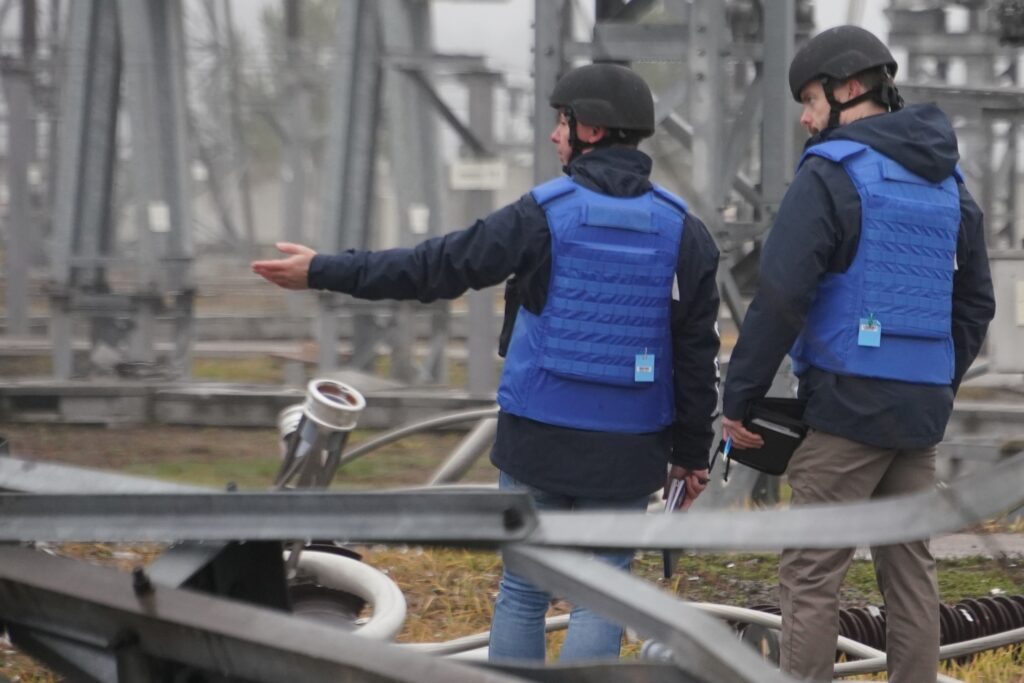Labor Market Crisis: How Ukrainian Companies Are Addressing the Problem
2 October 2025 19:05
At least 500,000 people. This is the number of workers the Ukrainian labor market lacks this year. The most popular professions are engineers, builders, IT specialists, and logisticians. In general, literally every sector of the economy is experiencing a staff shortage.
According to the State Border Guard Service, since the beginning of the full-scale invasion, about three million Ukrainians have lived abroad. More than 850,000 are defending Ukraine in the war.
Consequently, the labor shortage has become a major challenge for the Ukrainian economy, as noted by the National Institute for Strategic Studies. Moreover, this disappointing trend may continue over the next few years. Komersant found out whether there is a way out and what entrepreneurs see as a solution.
How Ukrainian and international companies solve the problem of staff shortages
There is a clear rule in business: there will be no result without people. A company can have modern equipment, high social standards, advanced technologies, and large budgets. But without those who can implement all this, you can’t even dream of development. Finding a ready-made specialist in the labor market is difficult and expensive. Many companies have realized that it is more efficient to grow an employee on their own.
267 masters from Metinvest Polytechnic
The shortage of qualified personnel is one of the biggest problems in the mining industry. Today, about 4000 vacancies are open at the enterprises of Metinvest, the largest mining and metallurgical holding in Ukraine.
“We are experiencing the biggest shortage of personnel among blue-collar occupations , from locomotive, excavator and crane drivers to control room operators, crushers, steel casters and blast furnace furnace operators,” says Svetlana Sudakova, Director of the Recruitment, Adaptation and Development Department at Metinvest Group, .
To solve the problem of staff shortages, the holding created a higher education institution, Metinvest Polytechnic. It has become a strategic project for the development of the company and the regions where it operates.
“Over the five years of the university’s operation, more than 1080 students have been enrolled in bachelor’s, master’s and postgraduate programs. 970 students took advanced training courses in metallurgy, mining, and soft skills development, and 4,150 employees of the enterprises took occupational safety training and language courses. The university has already graduated 267 masters, many of whom continue to build their careers at our enterprises,” says Sudakova.
The holding also cooperates with 24 Ukrainian vocational schools. Since the beginning of the war, it has allocated more than UAH 55 million for the development of vocational education in Ukraine.
10 years of experience. How Cemark trains its own staff
Own universities, internships and cooperation with colleges are no longer an “option” but a development strategy. Cemark, a leading cement producer in Ukraine, has built a whole system where future employees are trained to meet the specific needs of its own businesses. Since 2015, the company’s internship program has become a launching pad for more than 50 talented students from various universities in Kharkiv, Kyiv, Dnipro, Kryvyi Rih, Lviv, and Odesa.
“It is important for us to give young people the opportunity to gain experience. A specialist from a specialized university does not always have the skills necessary to work in a company. At our plants, we use the latest technologies and advanced equipment and give trainees the opportunity to learn all the processes in real life – from working in quarries to interacting with customers,” says Alexandra Linnik, Cemark’s leading specialist in personnel development and training.
The internship lasts 12 months. Trainees learn technological processes, English, attend trainings on self-management and teamwork, presentation, and project management. More than 30% of the internship program graduates currently hold management positions at the company’s enterprises. And more than 50% are building careers as qualified specialists and engineers, contributing to the development of Ukraine’s industry, infrastructure, and economy.
Oleksandr Kholod successfully completed the internship program in 2016. From a junior process engineer, he was promoted to process manager at Podilsky Cement.
“During the internship, it is very important not only to learn theory but also to have real practice. Technologies are constantly evolving, new equipment appears, and new processes emerge. We need to keep up with innovations. The company gives each intern the opportunity to create their own project. And after its defense, they are offered employment at one of the enterprises,” says Oleksandr Kholod.
IT is investing in STEM education
Many IT companies are actively investing in STEM education and prioritize its development. The reason is that immersion in the exact sciences develops critical thinking and points to new methods of problem solving. This approach prepares young people for future professions related to science and technology.
Serhiy Tokarev, an IT entrepreneur, partner and co-founder of the Roosh investment group, was one of the first in Ukraine to develop this area. The savED Charitable Foundation, together with the Tokarev Foundation, opened the first school DIY laboratory in Ukraine in the Dnipro region, which became a center for the development of STEM sciences for children and youth. The lab gives students the opportunity to learn new things in areas ranging from 3D modeling and programming to biotechnology and engineering. Most importantly, they have the opportunity to apply their knowledge in practice.
The foundation also invests in innovative programs that combine science, entrepreneurship, and technology. In particular, the national healthtech accelerator Generation H, where participants work on real cases and create IT solutions for the healthcare sector.
“We see how talented and creative Ukrainian youth are. Therefore, the investment group plans not only to continue financing education, but also to take the best students for internships in the company with the possibility of further employment,” Tetiana Yaroshenko, Chief of Staff and Head of Founder’s office of Sergey Tokarev, said to .
There are more and more examples like this in Ukraine. In a world with a full-scale war, millions of people displaced and rapidly developing technologies, companies cannot rely on the labor market alone. They have to train employees themselves. This is no longer just an HR tool – it is a reality in which those who are looking for the best are not the winners, but those who are able to grow them themselves.









